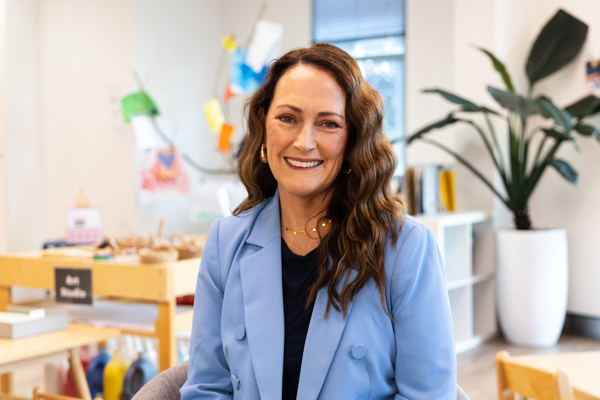Dec 02, 2015
The Conversation: Childcare funding changes leave disadvantaged children with fewer hours of early education
Hundreds of thousands of disadvantaged Australian children will be worse off from next week following government changes to childcare funding which mean they will receive fewer hours of early education.
While the government’s Families Package of A$3.5 billion in new investment is expected to leave most working families better off, the cuts to the hours of early learning for low-income and disadvantaged households threaten to make it a backward step for our nation.
Under the current system, these children receive up to 24 hours of early childhood education and childcare (ECEC) a week, or about two days per week in a long day care centre, regardless of their parents’ work status.
The government is planning to cut this support by half.
These changes will shape the lives of the 900,000 families who currently use ECEC and the hundreds of thousands to follow in coming years.
It’s hard to overstate what’s at stake for children from low-income and disadvantaged families under the new legislation.
The pendulum seems to be swinging back towards a narrower view of investment in childcare to boost work participation, rather than a broader view of also supporting all children’s learning and development.
The developmental gap between children from higher- and lower-income families is already very stark.
The 2012 Australian Early Development Census of all Australian children entering year 1 found that children from low-income families were much more likely to start school developmentally vulnerable.
The evidence also suggests that children who begin school behind their peers often stay behind.
Just 12 hours of ECEC a week is simply not sufficient to close the developmental gap.
Research suggests up to 250,000 families could see a reduction in access to ECEC as a result of these changes.
The Perry Preschool Study, focusing on children experiencing disadvantage, found that 14 hours of participation a week in early learning was a key factor leading to significant developmental gains.
More recent studies, focusing on children aged 3–5 years, support the need for full-day ECEC programs where children attend several days per week.
This makes sense. Any qualified educator will tell you that children need more than one day per week to feel secure, build relationships and support learning.
In the UK, evidence from a long-running study helped persuade the government to fund 15 hours per week of free ECEC for children from the age of 2 years on.
New Zealand, recognised as a world leader in ECEC, has gone further, funding 20 hours for children from 3 years regardless of what their parents are doing.
The new education minister, Simon Birmingham, could use the legislation to build a strong system of quality, inclusive ECEC services, for all Australian children and their families, by balancing the focus of the package to ensure it puts the development of children on a par with workforce participation.
He should ensure that a child’s access to early learning isn’t diminished because their parents don’t work.
Getting the new package right will help hundreds of thousands of children start school well. Investing early in our most disadvantaged children will significantly improve their lives, our nation’s future productivity and society.



